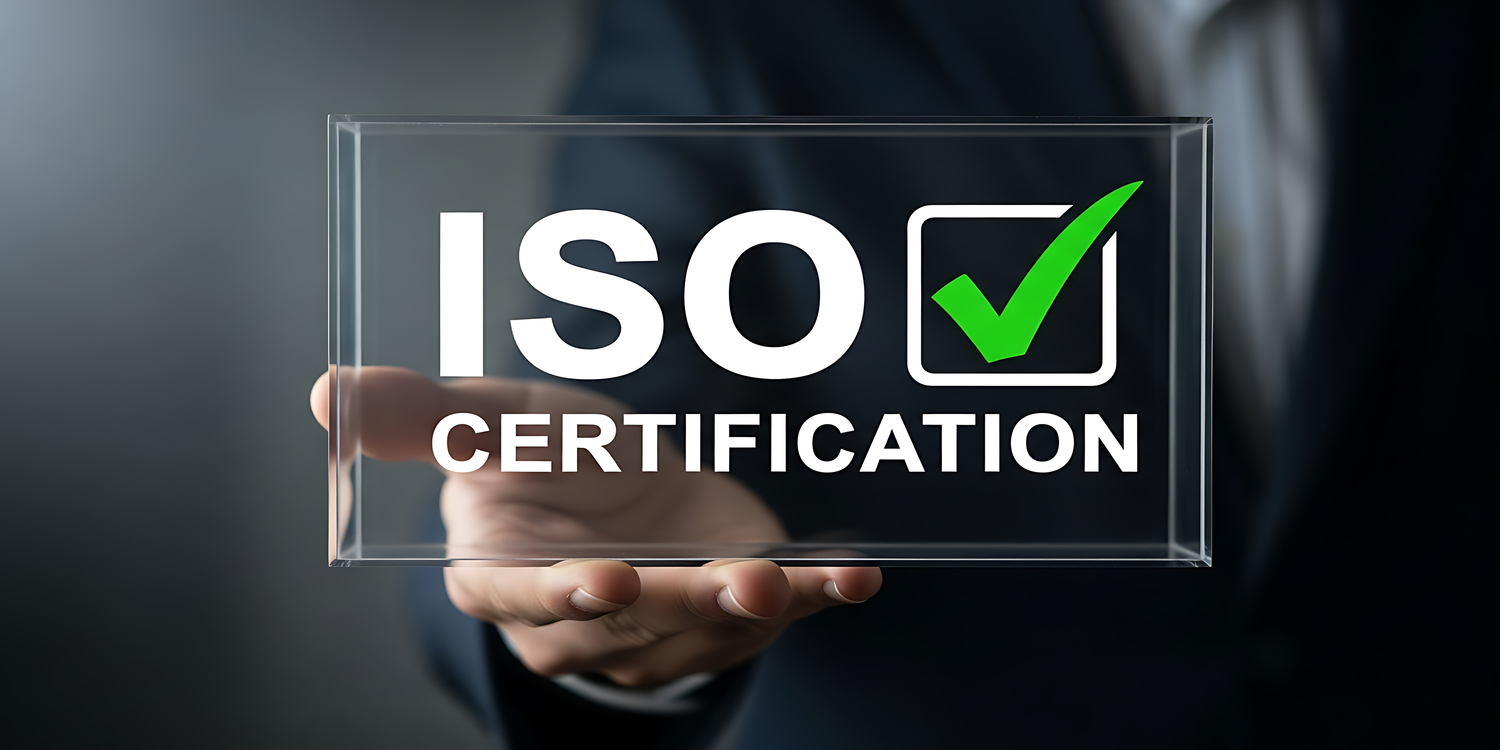ISO 14001 is an international standard for Environmental Management Systems (EMS), providing a structured framework to manage environmental responsibilities, ensure regulatory compliance, and promote continuous improvement in sustainability practices.
In this discussion, we will explore ISO 14001 , its key clauses, the benefits of certification, and the steps your organization can take to obtain it.
What is ISO 14001 / EMS?
ISO 14001 defines the essential requirements for an Environmental Management System (EMS) — a structured approach to identifying, controlling, and addressing environmental aspects, risks, and impacts.
The current version, ISO 14001:2015, places strong emphasis on risk-based thinking, leadership engagement, and integration with organizational strategy.
An effective EMS typically follows the Plan–Do–Check–Act (PDCA) cycle:
Identify environmental aspects, legal requirements, and establish objectives
Implement processes and controls
Monitor, measure, and audit performance
Take corrective actions and drive continuous improvement
Key Requirements & Clauses of ISO 14001:2015
ISO 14001:2015 outlines the essential elements for an effective Environmental Management System (EMS):
Complying with these clauses involves maintaining documented procedures and records, operational controls, and conducting regular internal audits.
Advantages of ISO 14001 / EMS to Organizations
Implementation of ISO 14001 has a variety of advantages for the organizations:
| 1.Regulatory Compliance & Risk Reduction | Helps organizations stay compliant with environmental laws and avoid fines or penalties. |
| 2.Cost Efficiency & Optimal Resource Use | Promotes effective use of energy, water, and materials, while minimizing waste and operational costs. |
| 3.Enhanced Reputation & Stakeholder Confidence | Demonstrates environmental responsibility, boosting trust among clients, investors, and regulators. |
| 4.Competitiveness Edge & Market Access | Certain government contracts, proposals, or markets that require ISO 14001 certification, giving certified organizations an edge. |
| 5.Continuous Environmental Improvement | Through the PDCA cycle, organizations can systematically monitor, measure, and improve environmental performance. |
| 6.Integration with other Management Systems | ISO 14001 can be seamlessly integrated with ISO 9001 (Quality) and ISO 45001 (OH&S) to create an integrated management system (IMS), enhancing overall efficiency. |
How to obtain ISO 14001 Certification (Step by Step)?
To obtain the ISO 14001 certification, it is essential to follow these steps:
1.Gap Analysis / Baseline Assessment
Compare the existing practices with ISO 14001 requirements to identify gaps.
2.Planning and Team Formation
Establish scope, objectives, policies, roles, resources, and time frame.
3.EMS Implementation
Design processes, procedures, controls, training, and documentation.
4.Internal Audit & Top Management Review
Perform internal audits, top management review, and correct defects.
5.Pre-assessment (Optional)
Hire a consultant or auditor to perform a “trial audit” to identify possible nonconformities prior to a formal audit.
6.Certification Audit
Stage 1 and Stage 2 audits are performed by a competent external certification body to confirm compliance.
7.Certification & Maintenance
After certification, regularly update and improve the EMS. Recertification audits are normally done every 3 years, with surveillance audits every year.
General Challenges & Best Practices
Top Management Buy-In: Top management buy-in is necessary for EMS to be effective.
Employee Involvement: Involvement of employees at all levels.
Paperwork or Utility: Develop lean, useful paperwork—not paperwork.
Data & Monitoring: Set explicit Key Performance Indicators (KPIs) and useful data systems.
Culture of Continuous Improvement: EMS will continue to evolve—not stand still.
Integration Complexity: Multiple management systems integrated only with careful planning.
Why choose NIST Global?
At NIST Global, we offer end-to-end support for organizations pursuing ISO 14001 certification and implementing effective Environmental Management Systems (EMS). Partnering with us gives you access to:
Find out more about our : EMS / ISO 14001 solutions . For more information or assistance, please visit our Enquiry Page or reach out to us at info@nistglobal.com
you might also like
Popular NEBOSH Courses
NEBOSH International General Certificate (IGC)
For beginners and supervisors wanting a strong foundation in health & safety.
NEBOSH International Diploma (IDip)
For experienced safety professionals aiming for senior HSE roles.
NEBOSH Process Safety Management (PSM)
For those in high-hazard industries focusing on process safety management.

